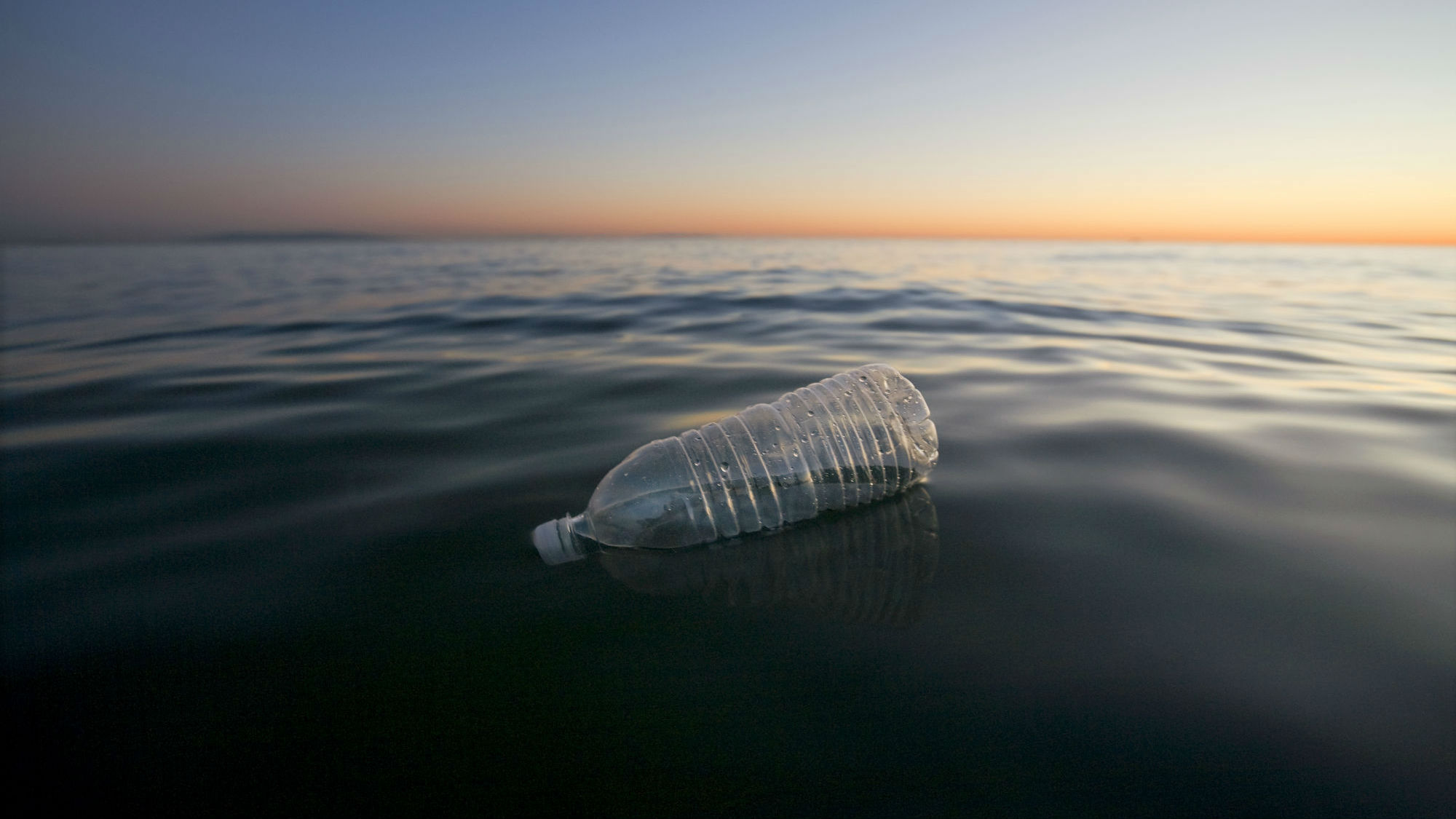Plastic made from fish scales may be the answer to saving the planet
Graduate student Lucy Hughes has created a sustainable alternative called marine bioplastic

Graduate student Lucy Hughes has created a sustainable alternative called marine bioplastic
A super smart graduate student has created a sustainable plastic - and it might just be the answer to our plastic pollution woes.
Lucy Hughes, a 24-year-old graduate at the University of Sussex has created a marine bioplastic - dubbed MarinaTex - made from organic fish waste and locally sourced red algae.
Translucent and flexible, it looks just like plastic, but the unique formula requires little energy and low temperatures to produce. Plus, it is home compostable in four to six weeks. Amazing.
Unwanted offcuts from the fish processing industry creates a huge amount of waste, when actually exoskeletons, skins and scales - which typically end up in a landfill instead of on our plates - are ideal ingredients for making strong bioplastics.
'Plastic is an amazing material, and as a result, we have become too reliant on it as designers and engineers,' Lucy said in a statement. “It makes no sense to me that we’re using plastic, an incredibly durable material, for products that have a life-cycle of less than a day.'
She added, 'MarinaTex represents a commitment to material innovation and selection by incorporating sustainable, local, and circular values into design.'
Celebrity news, beauty, fashion advice, and fascinating features, delivered straight to your inbox!
The impressive student - who completed more than 100 experiments (mostly on her kitchen stove in student accommodation) to refine the process, has won this year’s international James Dyson Award. James commented, 'The James Dyson Award received some thought-provoking ideas this year—and more female entrants than ever—making the judging very difficult.'
'Ultimately, we decided to pick the idea the world could least do without. MarinaTex elegantly solves two problems: the ubiquity of single-use plastic and fish waste.'
Beating 1,078 entries, Lucy will receive £30,000, while the University of Sussex receives £5,000. Additional research and development will help the product evolve, and Lucy plans to mass manufacture it.
With plastic waste killing wildlife and polluting the world’s water supplies, Lucy might have saved us just in time. We're ready to sea (pun intended) change, tbh.
Olivia – who rebranded as Liv a few years ago – is a freelance digital writer at Marie Claire UK. She recently swapped guaranteed sunshine and a tax-free salary in Dubai for London’s constant cloud and overpriced public transport. During her time in the Middle East, Olivia worked for international titles including Cosmopolitan, HELLO! and Grazia. She transitioned from celebrity weekly magazine new! in London, where she worked as the publication’s Fitness & Food editor. Unsurprisingly, she likes fitness and food, and also enjoys hoarding beauty products and recycling.